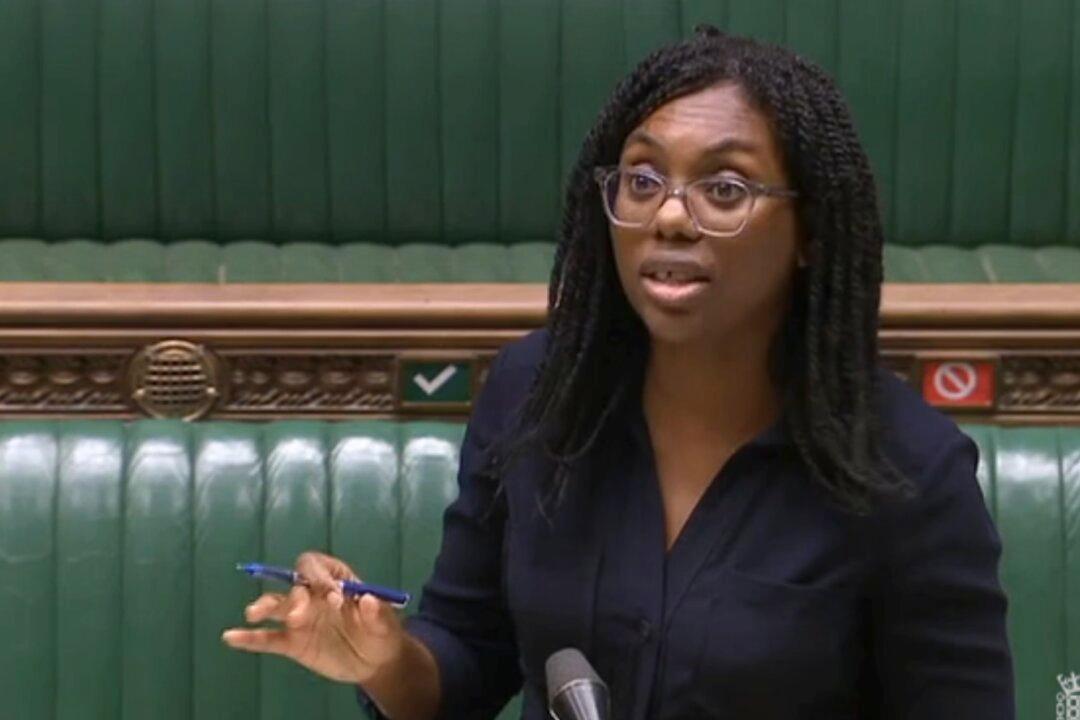British schools shouldn’t teach the term “white privilege” unless they explain that it is a “highly contentious” concept, because it’s divisive and “unnecessarily antagonistic,” a UK government minister has warned.
Writing in The Telegraph, Kemi Badenoch, Britain’s equalities minister, said, “The intense focus on race over the last year is leading to an increased racialisation of issues and incidents across society.”





